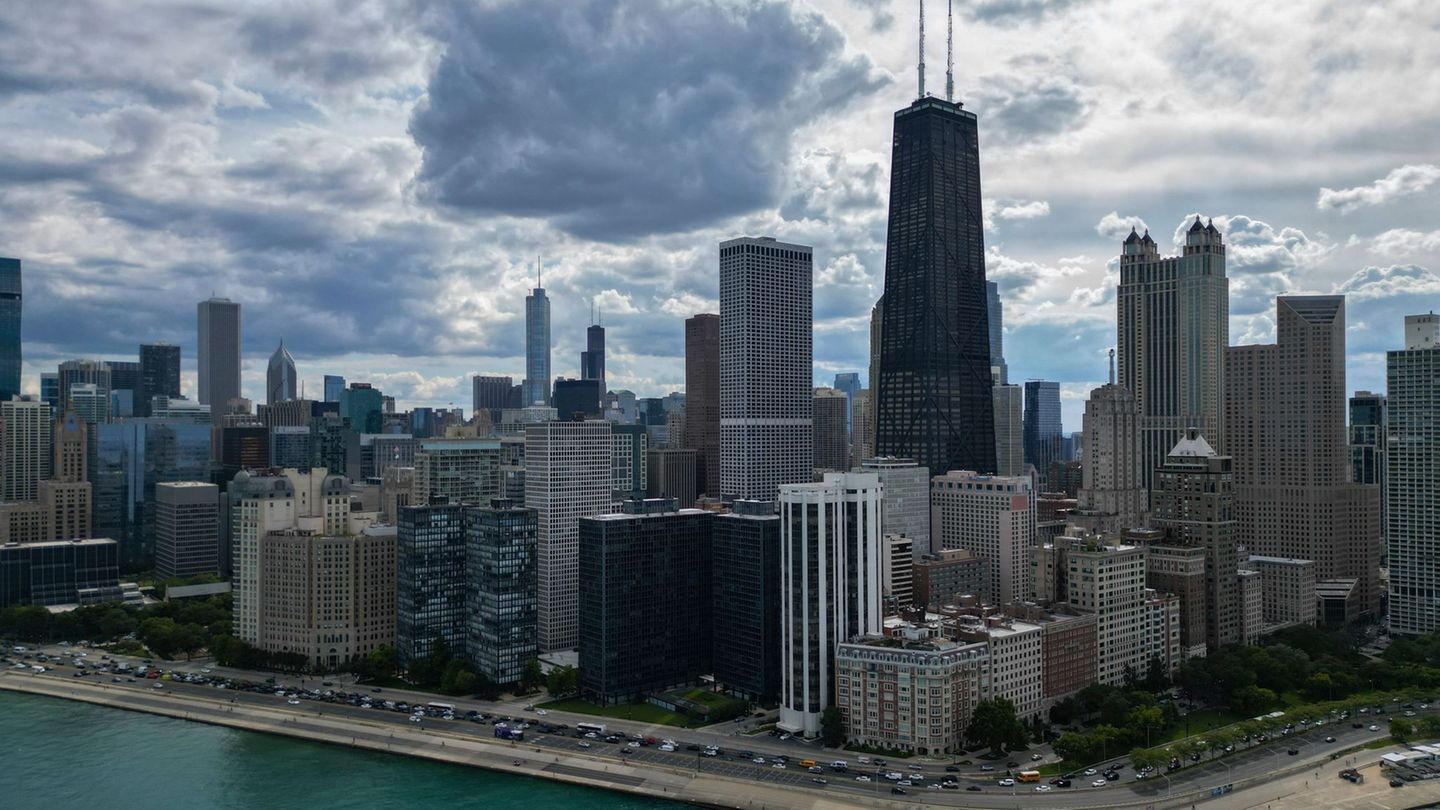When the youth night shelter UFO opened 20 years ago and Wolfgang Waldburger began his work, there were many question marks and uncertainty as to how it would all work out. Because there was no facility like this before – and even today it is the only one of its kind in Upper Austria. The question marks disappeared after a few services, the enthusiasm for the work has remained.
There are many reasons why young people and young adults visit the UFO, which works on behalf of children and youth welfare, on Urfahraner Hauptstrasse, says Waldburger, citing violence in the family, unemployment and drug abuse as examples. It is important to the UFO leader that access is “low-threshold,” everyone is welcome here, even with a pet: “We don’t put anyone on the street.” The number of overnight stays is limited to 90 per life phase (14 to 18, 18 to 21 and 21 to 24 years).
Three rules apply in the house
It is open daily from 6 p.m. to 9 a.m., ten beds (five per gender) are available plus six emergency beds. The UFO team consists of seven employees, the social workers and social pedagogues are supported by a doctor and a job coach, among others.
There are three rules to follow for anyone who wants to stay in the UFO, which Waldburger says is intended to be a “violence-free and drug-free” space. The first: No violence, not even verbally. The second: no weapons. The third: No alcohol or drugs in the house.
1,800 residents between the ages of 14 and 24 have stayed at the UFO since it opened in 2002, and 19,000 young people have taken advantage of the counseling service.
One of them is Anna (name changed by the editors), who first visited the UFO several years ago when she was 18 and stayed for 90 days. Family conflicts, unemployment, drug addiction – there were many problems at the time.
The inhibition threshold to accept the help was great at first, in Anna’s imagination the emergency shelter was nothing more than a mattress camp. She quickly realized that this was not the case. “I really appreciated that there was always someone there to talk to,” she recalls.
The young woman later got her first apartment as part of the “Housing First” project. In the meantime, the current retail and office clerk has had a successful withdrawal, she is rid of her debts, and her relationship with her family has improved. The way there was not always easy, her message to other affected people: “Keep a goal in mind and go through with it. You don’t get help like that very often.”
The credo at the UFO is not to instruct and certainly not to force, there is support in finding work as well as in getting rid of drugs. There are many partnerships, for example with ARGE Trödlerladen.
In order to build trust, we play a lot, cook together and spend time – if the residents want it. The effects of the Corona crisis make this access difficult. To do something together “first has to be learned again,” says Waldburger, some of the young people were very isolated. How massive the consequences of the pandemic will ultimately be cannot currently be estimated (e.g. with a view to the drug issue). In any case, the need for help with psychosocial problems is increasing.
With Corona, the digital world and thus the smartphone have become even more important, and it is also important to react to this. And something else has changed: Those seeking help are getting younger and younger, some of them are only 12 years old.
Incidentally, the UFO sees itself as an “outwardly quiet” facility, but contrary to usual practice, the 20th anniversary will be celebrated on June 23 (from 2 p.m. to 6 p.m.) anyway.
Source: Nachrichten




